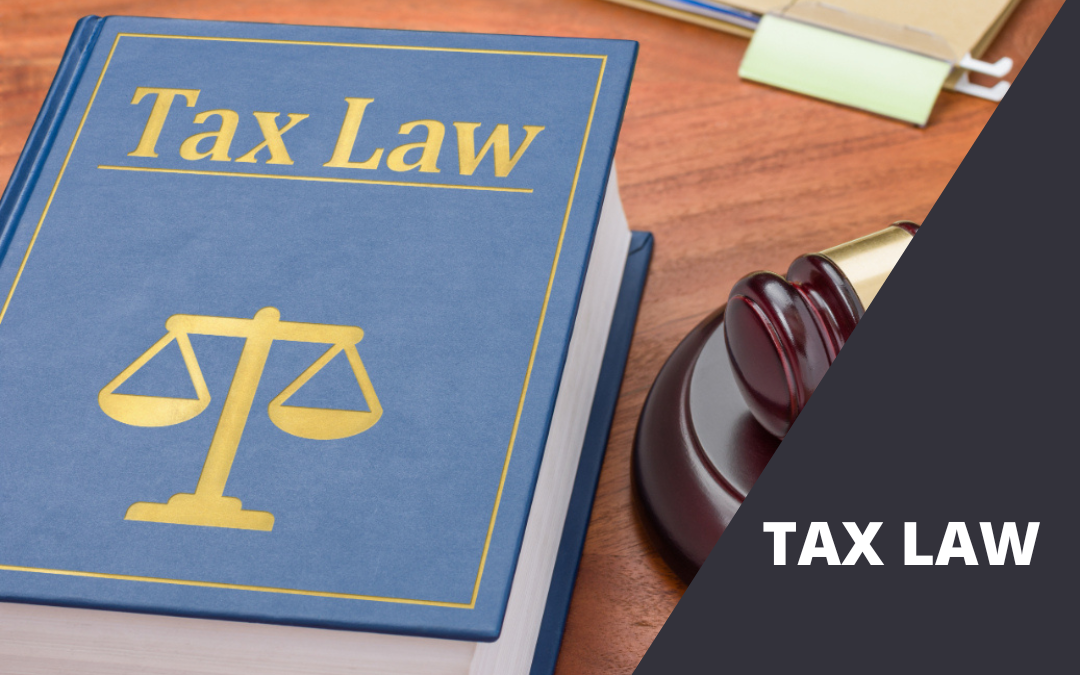
Frequently Asked Questions (FAQs) About Tax Law
Do I need to file a tax return?
The decision to file a tax return depends on several factors, including your income, filing status, age, and dependency status. Generally, if your gross income exceeds a certain threshold (which varies depending on your filing status), you’ll be required to file. However, even if you don’t owe any taxes, filing a return can be advantageous to claim refunds for withheld taxes or qualify for certain tax credits. The IRS website offers a helpful tool to determine your filing obligation, (https://www.irs.gov/individuals/check-if-you-need-to-file-a-tax-return)
What are tax brackets?
Tax brackets are income ranges used to determine the federal income tax rate you pay. The higher your taxable income, the higher your tax bracket and the higher percentage of your income you’ll owe in taxes. The IRS website publishes the current tax brackets each year; https://www.irs.gov/filing/federal-income-tax-rates-and-brackets. It’s important to understand tax brackets to estimate your tax liability and plan your finances accordingly.
Standard deduction vs. Itemized deductions: Which should I choose?
What are common tax deductions and credits?
Tax deductions lower your taxable income, reducing your overall tax liability. Common deductions include medical expenses, student loan interest, and charitable contributions. Tax credits directly reduce the amount of tax you owe. Common credits include the Earned Income Tax Credit (EITC) for low- and moderate-income earners and the Child Tax Credit for parents. You can find a comprehensive list of deductions and credits on the IRS website.
